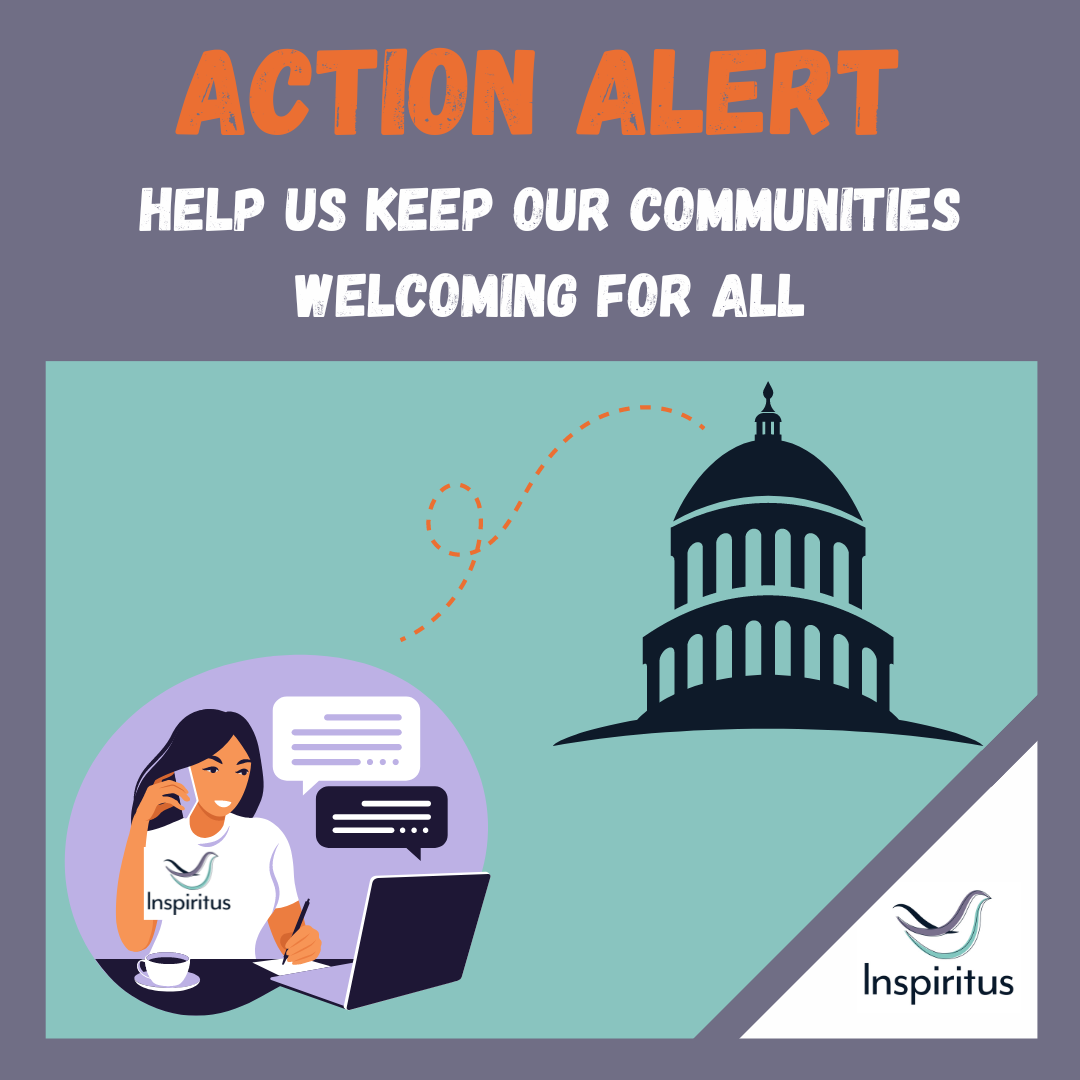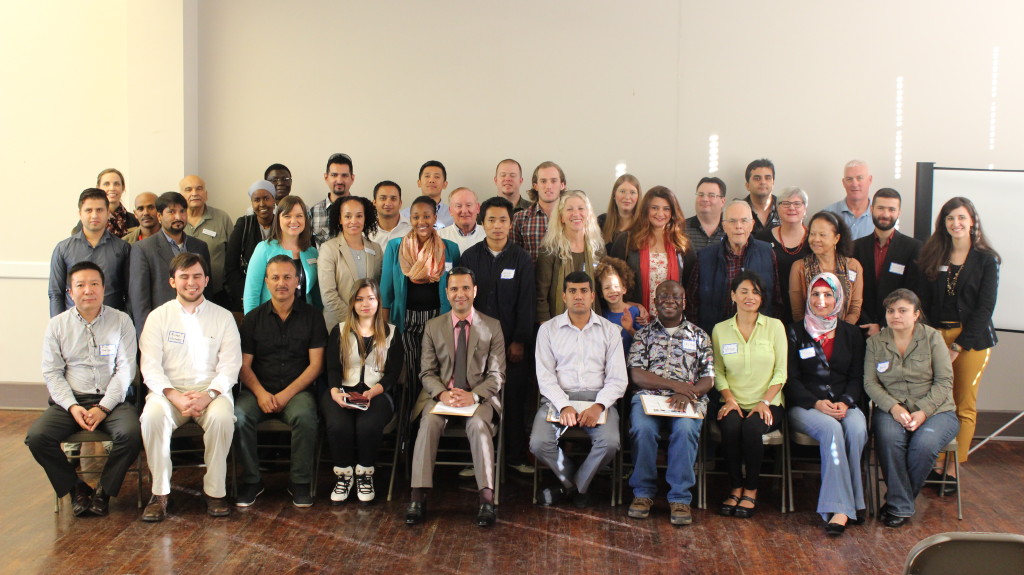Action Alert: Keep Our Communities Welcoming!
/Dear Friends,
As proposed pieces of legislation continue to advance during state legislative sessions across the country, we want to raise your attention to some anti-immigrant bills that have unfortunately been gaining some traction in the states of Georgia and Tennessee. As time ticks, it will become more imperative (and challenging) to stop these bills from advancing further.
We encourage you to call your lawmakers in your respective states and speak with their offices about these harmful pieces of legislation. Click here to identify your State Representative and State Senator and find their district number.
Read more below for a brief policy update on these bills and more information on how to take action.
Georgia: HB 1105, “Georgia Criminal Alien Track and Report Act”
Requires local law enforcement agencies to act as federal immigration officers and arrest any individual they encounter whose immigration status they cannot verify and for whom they have probable cause to arrest based on impeding felony charges and misdemeanor charges- which includes minor traffic violations.
Withholds state and state-administered federal funding from local governments who do not choose to comply with this policy.
Subjects local police officers to be charged with a misdemeanor for not complying.
Requires sheriffs to hold individuals in custody indefinitely until their immigration status is confirmed by ICE.
Anyone suspected of being undocumented who is convicted of a felony or misdemeanor offense is required to provide a DNA sample.
This bill encourages profiling and will create a chilling effect across our communities, impacting our state workforce, local schools, and local neighborhoods.
Tennessee: HB 2124 & SB 2576
Similarly to Georgia’s HB 1105, would require all local law enforcement agencies in Tennessee to communicate, cooperate and assist federal immigration officials in detaining (ICE)
Perpetuates the possibility of family separation among immigrant families in TN.
Places a tremendous burden on local law enforcement agencies and hinders their ability to meet the needs of residents by requiring them to operate as immigration agents. This will further erode trust among immigrant communities and local law enforcement.
Waste of resources, time, and capacity for local law enforcement; infringes on the will of voters who elect Sheriffs to act with agency and local authority.
Tennessee: HB 1730 & SB 1717
Aims to require all written driver license examinations to be administered in English only.
Prohibits use of a translation dictionary, electronic device, or interpreter to assist with the examination.
This bill would harm our economy by making it more difficult for some workers to get licensed and drive to their workplaces.
As more people become unlicensed, driving and being on the road generally becomes more dangerous for all of us.
The fact that Tennessee already offers the exam in a number of languages is a good thing for our workforce, local communities, and individuals who are lawfully present in our country and only trying to live their lives. It is mean-spirited and counterproductive.
Thank you for standing in solidarity with us as we aim to protect and defend refugee and immigrant communities across the Southeast. We appreciate you lending your voice.
With gratitude,
Aimee Zangandou
Executive Director of Refugee & Immigrant Services
Inspiritus






























